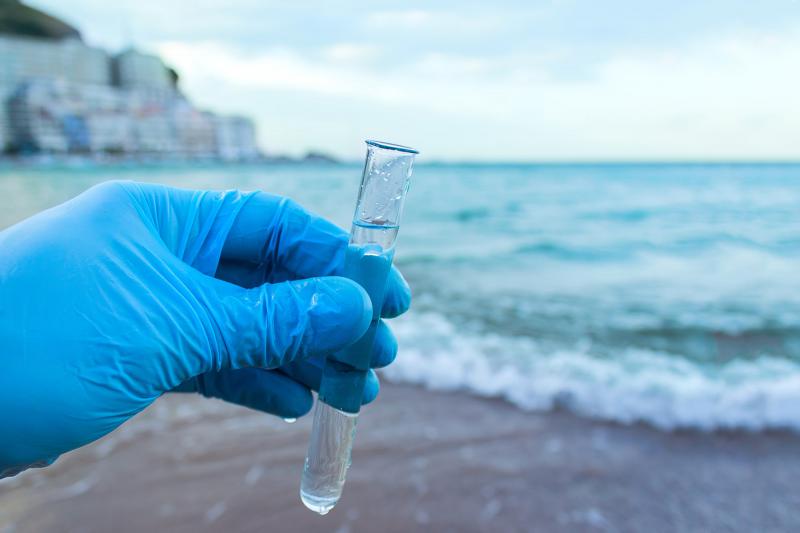
Sea Water Analysis
Sea Water Analysis
Contents
Seawater analyzes are laboratory tests performed to assess the health of marine ecosystems, the quality of seawater, and the sustainable use of marine resources. Determining the chemical, physical and biological properties of seawater is critical for monitoring marine pollution, protecting marine ecosystems and supporting sustainable fishing practices.
In sea water analysis, the following parameters are generally evaluated:
1. *Physical Parameters:*
- Heat
- Salinitas (salinity)
- pH (degree of acidity or basicity)
- Blur
- Dissolved oxygen concentration
2. *Chemical Parameters:*
- Basic ions (sodium, potassium, calcium, magnesium, chloride, sulfate, etc.)
- Nutrients (ammonia, nitrate, nitrite, phosphate, etc.)
- Heavy metals (mercury, lead, cadmium, zinc, etc.)
- Hydrocarbons and petroleum compounds
- Pesticides and organic pollutants
- Radioactivity
3. *Biological Parameters:*
- Phytoplankton and zooplankton types and their densities
- Bacteriological analysis (eg coliform bacteria)
- Presence of toxin-producing algae species
4. *Special Pollution Indicators:*
- Biodiversity indexes
- Bioaccumulation of toxic substances
Analyzes begin with the collection of seawater samples from a certain depth. These samples are then evaluated in a laboratory setting. The methods used may vary depending on the parameter being evaluated and the precision desired.
Seawater analysis results are an important source of information for the control of marine pollution, the determination of water quality standards, the protection of marine ecosystems and the management of sustainable marine resources.

